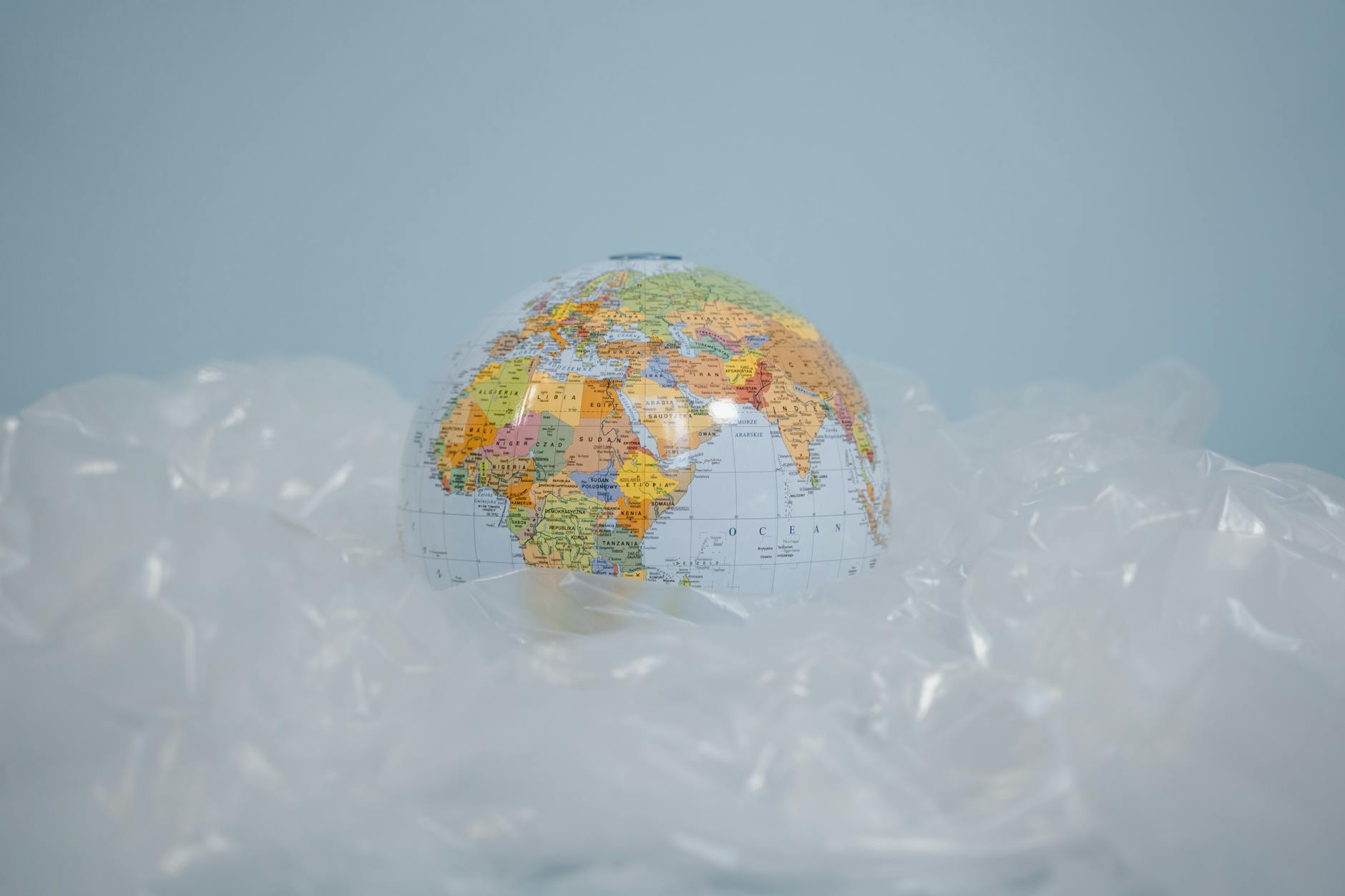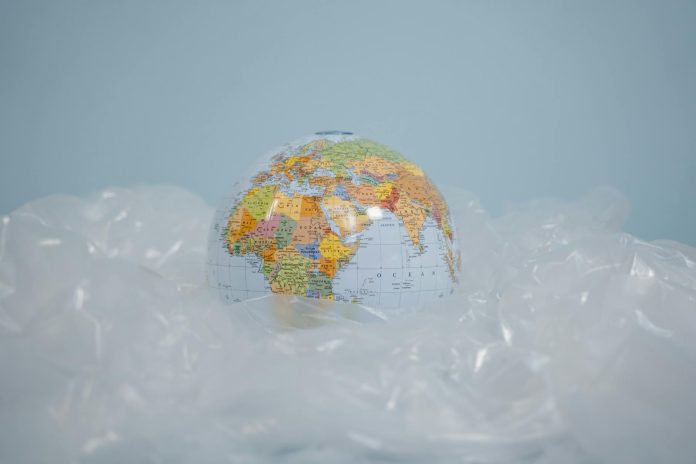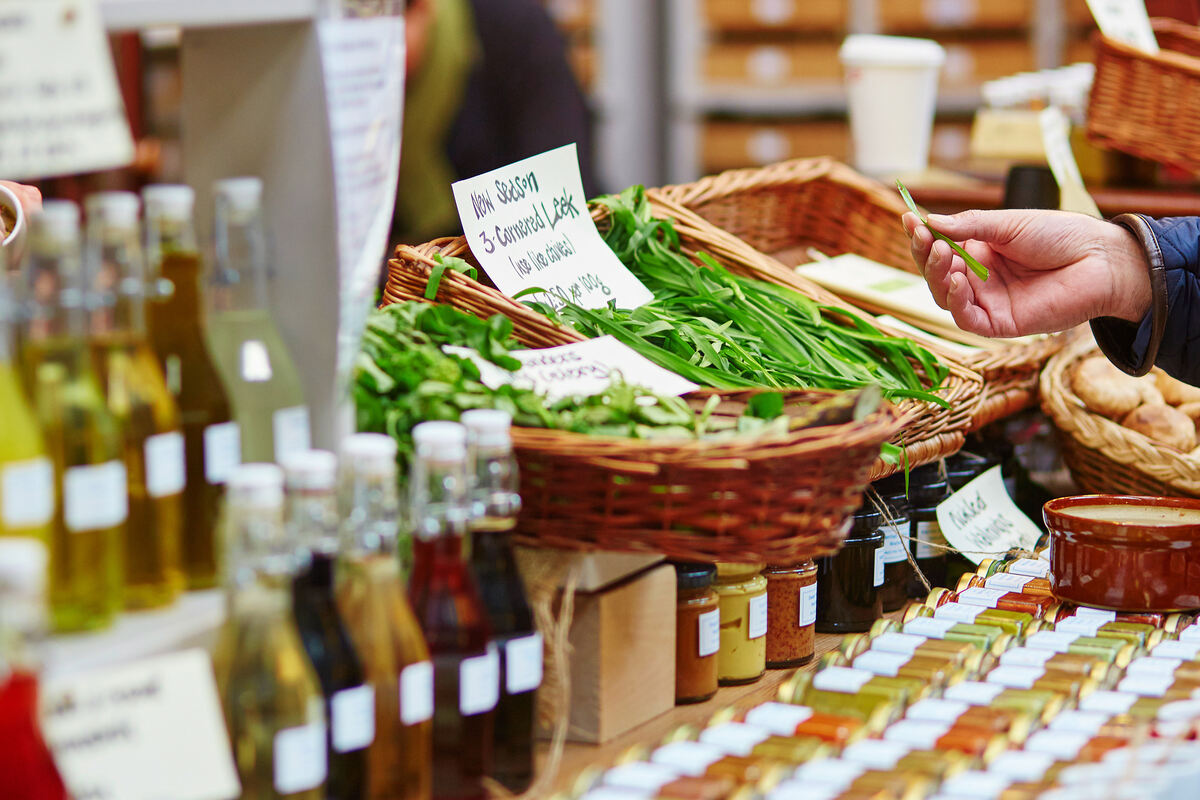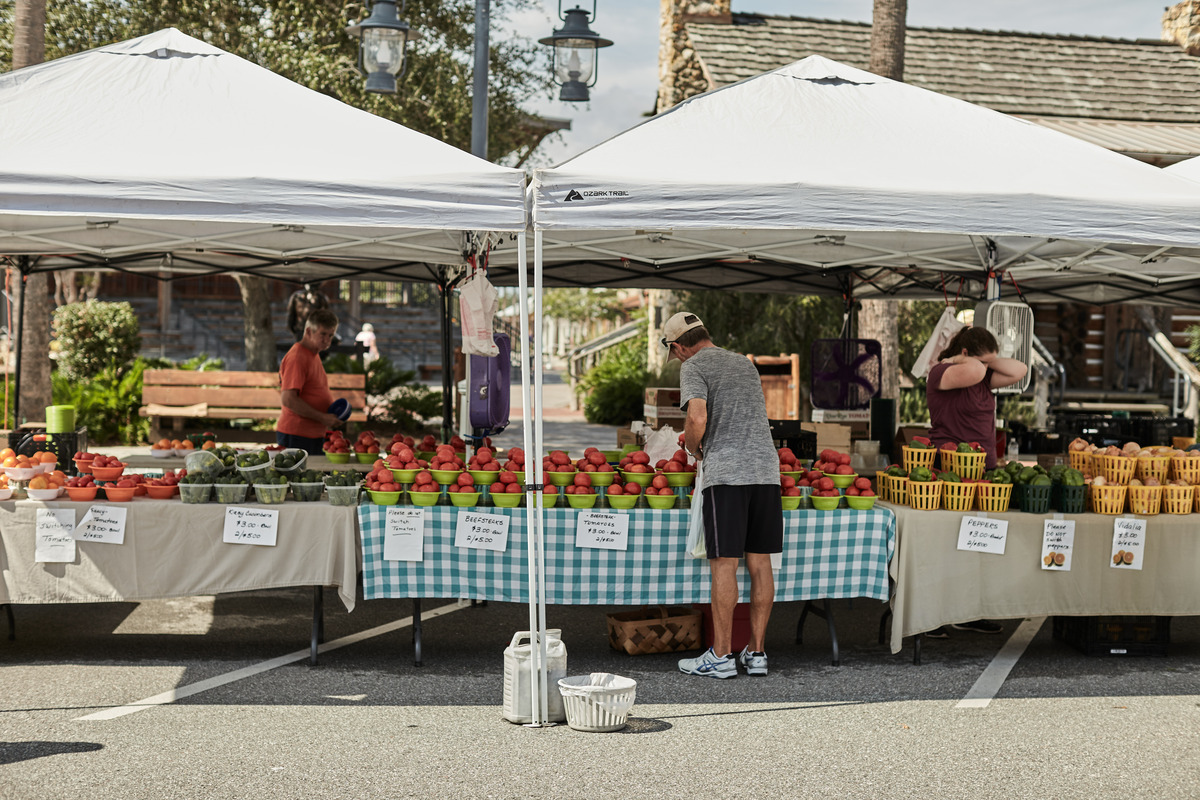Let’s be honest: the environment is in trouble, and we’ve all heard the buzz about how our choices affect the planet. But did you know that some of the small changes you make in your daily life to help the Earth can also help you save money?
Yes, that’s right. With just a few lifestyle swaps, you can go green and fatten up your savings account at the same time. Here’s how you can start saving the planet—and your hard-earned cash—today.
1. Swap Single-Use Plastics for Reusables

We all know the drill: grab a plastic water bottle, use a plastic bag, and buy a snack wrapped in plastic. The thing is, all that plastic is piling up in landfills, hurting wildlife, and taking forever to break down. But switching to reusable items like bags, bottles, and containers can help a ton.
You’ll cut down on waste, and hey—no more buying disposable plastic stuff over and over. You’ll save cash, too. Those little purchases add up, and the savings will stack up in your pocket instead.
2. Ditch Fast Fashion for Sustainable Clothing

We’ve all been there—scrolling through social media and finding the latest trendy outfit that seems too good to pass up. Fast fashion is cheap and tempting, but it’s also one of the biggest culprits of waste and pollution.
Instead, try buying higher-quality clothes that last longer or shopping secondhand. Not only will your wardrobe be more eco-friendly, but you’ll save a bundle in the long run. Fast fashion can be fun for a season, but investing in pieces that stand the test of time means fewer shopping sprees—and more money in your bank account.
3. Switch to Energy-Efficient Appliances
Energy-efficient appliances are the unsung heroes of your home. They use less electricity and, over time, can save you quite a bit on your energy bills. So, if you’re due for a new fridge, washing machine, or air conditioner, do a little research and go for one that’s energy-efficient. These appliances may cost a bit more upfront, but the savings over time make it worth it.
4. Opt for a Plant-Based Diet

It’s no secret that animal agriculture is a major contributor to climate change, so cutting back on meat or going fully plant-based is one way to make a big difference. Plus, plant-based foods are often cheaper than meat, especially if you focus on simple meals made from grains, beans, and veggies. By cooking more at home and going meatless a few days a week, you’ll not only lower your carbon footprint but also save money on your grocery bill.
5. Use Public Transportation or Carpool
Let’s face it: owning a car can get expensive. Between fuel costs, maintenance, parking fees, and insurance, the price of your daily commute really adds up. Switching to public transportation, carpooling, or even biking to work can save you a ton. Plus, fewer cars on the road means less traffic, so it’s a win-win for the environment. If you calculate how much you’re spending on your car each month, you’ll be surprised at how much you could save by switching to greener alternatives.
6. Reduce, Reuse, and Recycle More

This one’s a classic—and for good reason. Reducing waste, reusing items, and recycling more can save you both money and stress. If you focus on using what you already have (instead of constantly buying new stuff) and recycling more efficiently, you’ll reduce the amount of waste you send to the landfill and save money on things like packaging, storage, and waste disposal fees. It’s a simple way to live more sustainably and cut down on unnecessary spending.
7. Save Water with Efficient Practices
Water conservation isn’t just good for the planet; it’s also good for your wallet. Simple habits like fixing leaky faucets, taking shorter showers, and installing water-efficient appliances can lower your water bills.
8. Embrace Digital Over Paper
How much paper do you really use? If you’re still getting paper bills, writing hand-written notes, or storing stacks of old magazines, it’s time to switch to digital. Going paperless isn’t just better for the environment—it can also save you money. No more buying paper, ink, or paying for postage. Plus, switching to digital documents means fewer paper piles to organize, giving you more space (and less clutter) in your home.
9. Switch to a Solar-Powered Home

Yes, solar panels require an upfront investment, but they can save you a lot of money in the long run. Solar energy helps reduce your electricity bills and even allows you to sell excess power back to the grid in some cases. The initial cost can seem high, but with government incentives and rebates, the return on investment over time is pretty amazing.
10. Buy Local and Seasonal Produce

When it comes to food, buying local and seasonal produce is a win for both your wallet and the environment. Imported goods come with a hefty carbon footprint, and they’re often more expensive. Local, seasonal produce tends to be cheaper, fresher, and better for the planet. Supporting local farmers also helps your community thrive. Plus, buying what’s in season means you’ll be getting the best produce available at the best prices, which can lead to some serious savings at the checkout.
Financial Benefits of Lifestyle Changes: Cutting Costs, Boosting Savings, and Building Financial Security
By now, you’ve probably realized that living sustainably isn’t just about helping the planet—it’s also about helping your bottom line. These simple lifestyle changes can lead to real financial benefits, like:
- Cutting Regular Costs: Reducing your energy bills, transportation costs, and grocery expenses gives you more room in your budget to save. By eliminating wasteful spending, you’re automatically creating more financial flexibility.
- Building Your Savings: All that money you save by switching to energy-efficient appliances, buying less fast fashion, and cutting out unnecessary purchases can be redirected into a savings account or investment. If you’re using a high-yield savings account, that money will grow faster with the power of compound interest.
- Avoiding Debt: The more you save, the less likely you are to fall into debt. By living more sustainably, you avoid the temptation of impulse buying and spending on things you don’t need, making it easier to stay within your budget and pay off existing debt faster.
- Building Financial Resilience: The money you save can also help you build an emergency fund, creating financial security for unexpected situations. Whether it’s a medical emergency, a job loss, or an unexpected repair, having that cushion can give you peace of mind. If you’re wondering how much should you have in an emergency fund, a common guideline is to save three to six months’ worth of living expenses, though the ideal amount may vary based on your personal circumstances.
- Opportunities for Investment: Once you start saving, you can put that money to work for you. Whether it’s investing in the stock market, contributing to a retirement fund, or even purchasing real estate, the more you save, the more opportunities you’ll have for growing your wealth.
Conclusion
Making small changes to your lifestyle can have a big impact—not only on the planet but also on your finances. By swapping out wasteful habits for more sustainable ones, you can cut costs, grow your savings, and build a more financially secure future. So, why not get started today? Pick one or two changes from the list and watch how it adds up over time. Not only will you feel good about doing your part for the Earth, but your wallet will thank you too.
Let’s start saving, both the planet and some serious cash!











